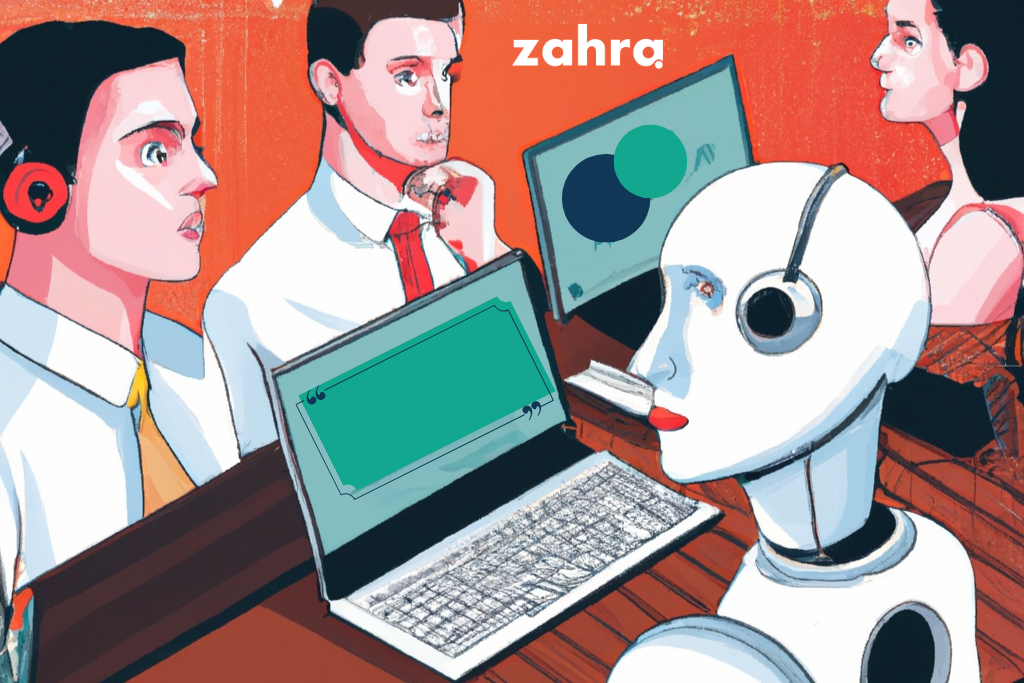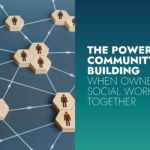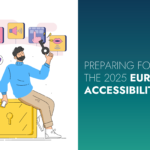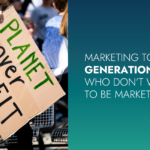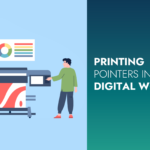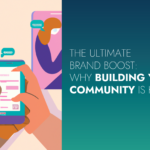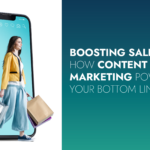Colleagues, clients, concerned citizens: the robots have arrived.
Since ChatGPT’s wide-scale launch in November 2022, it has rapidly gained popularity for its ability to generate written content in seconds. It’s widely considered to be one of the most advanced language models in existence—with ramifications that could stretch across the business world and beyond.
This much, you likely already knew. The real issue at hand is what does it all really mean? Are copywriters and content creators about to be put out to pasture by this new technology? Is AI a tool to add to a creator’s arsenal? Is this the dawn of a new age in content marketing, or little more than a sideshow when it comes to real-world application?
I know these are the questions flying about because they’ve been the ones keeping me up at night—and the same is true for so many, from the copy floor to the C-suite. That’s why it’s time to cut to the chase, and offer Zahra’s honest appraisal of what the growing influence of AI means for our business, our clients and our industry at large.
FEEL THE POWER
As Zahra is a Content Agency with owned media, one of our revenue streams is written content creation. We write content for our owned media as well as for clients. The burning question is how do we best leverage AI for now—taking everything it has to offer while still leaning on humans to do what computers simply cannot?
We know AI can help with brainstorming and ideation, and finding information quickly—ChatGPT out-googles Google. It’s brilliant at scouring the internet and sourcing the info you need in mere seconds, and its greatest superpower might be its ability to synopsise that information into easily digestible, legible copy.
It’s also got massive computing power behind identifying key words and phrases, leveraging data to optimise content—and that’s something we can’t dismiss out of hand. From headline writing to meta descriptions and CTAs, there are very real ways in which AI can step in and play an immediate part in our day-to-day.
But, already, that particular area has already been cast in doubt, as search engines have declared that auto-generated content goes against their guidelines and will be downgraded as a result.
THE DARK SIDE
While there’s an outside chance that a chatbot will fall in love with you, that’s probably not the most pertinent issue to tackle when it comes to using AI in content marketing; there’s plenty of more immediate concerns to send the red flags shooting up.
- It doesn’t provide references, so you have no idea where the content has been sourced from
- There are often factual errors—and ChatGPT can simply make things up. Roll in the unreliability of many online sources, and there’s a very real danger of fake news and disinformation running rampant
- Its answers can be extremely repetitive and formulaic
- It prioritises information in volume over style and relevance; answers can feel like something patched together from lots of Google searches and dumped onto a word doc with an added intro and outro
- Since it summarises content already found online, you can’t depend on it for originality
- It cannot reflect brand tone and voice—although it can, for example, write a poem in the tone for Donald Trump, if that’s of any use to you!
- It doesn’t source news and updates in real time—right now, it’s limited to events and content dating before September 2021
- Copyright is a massive grey area; as ChatGPT curates and rewrites content it finds on the internet, the question becomes “who owns that content?” as well as “are we infringing the source of that information’s copyright?” But, we won’t know because ChatGPT doesn’t provide sources, so using it is just begging to land in murky legal waters.
For content agencies, there’s no small amount of dangers lurking on the business side. Clients may no longer want to pay to create content—and could expect full disclosure as to whether AI has been used to create their content (which we would strongly advocate for!). New competition will appear in the form of agencies who will use AI to create cheap content at scale, particularly in instances where quality is not important.
It could lead to declining web traffic for a while; when you ask ChatGPT a question it doesn’t direct you to other sites like a Google search, instead generating an answer without hyperlinks or citing the source—thereby reducing traffic to those original sources.
And, of course, anyone who falls into the trap of using AI carelessly may find themselves dealing with embarrassment (if the facts of a story are wrong), a bad reputation (for lazy running) and the risk of copyright breaches. This in turn could lead to concerns about accountability and transparency.
It’s a lot to wrap your head around—hence the aforementioned sleepless nights…
THE ZAHRA VIEW
We’ve never been stone-age ponies, stubbornly refusing to embrace new technologies; just as our videographers and digital team use cutting edge tools to create amazing content, the same goes across every part of our business. But we’re also not the turkeys voting for Christmas, happily championing the shiny new attraction at our own expense.
Most of all, we’re unabashed in identifying the unique value that we (as human content creators at Zahra) bring to the party, that clients will continue to pay for instead of looking to AI as a silver bullet for their needs going forward.
- Content strategy and analysis
- Original, quality content based on insight, expertise, relevance and helpfulness
- Recency; we write content about current and future events
- Critical thinking and decision making based on a brief/problem at hand
- We have the experience and discretion to know reputable references as a basis for the stories we write
- We fact check and provide references
- We can develop insights—and genuine opinions!
- Creativity. The Škoda Legends children’s audiobook series is an excellent example of us solving a business challenge creatively. Zahra – 1, ChatGPT – 0!
- We know how to create content that aligns with a brand’s messaging and tone of voice
- We create content that helps clients be the best answer for their audience so that it drives web traffic to their websites and generates leads
- Knowing what a particular audience will respond to through diligent research and expertise
- Creating stand out content that connects – not uniform, repetitive content. We can help clients stand out through real connection, nuance and empathy with their audience—which is precisely the point of content marketing!
GOOD IS NEVER ENOUGH
Perhaps the single, most powerful argument against AI? It’s simply not good enough. ChatGPT is an impressive tool for repetitive tasks, creating content that is ‘fine’. There may be Content Agencies and clients that are okay with this—but in our view ‘fine’ is not good enough. We know from experience that people want to consume content that makes them feel seen, understood and valued.
Content that is ‘fine’ doesn’t do that.
What’s going to win hearts and minds (and ultimately customer loyalty) is creative, quality content that helps us and our clients stand out and makes people feel something. And, for now, AI can’t do this!
A FINAL WORD
There is zero point of being scared of this technology. Play with it, learn more about it and then figure out how you can use it to enhance what you do, rather than fearing that it will replace what you do. ChatGPT currently presents as a useful research and content curation tool, that’s a strong starting point for some tasks—with ‘starting point’ being the operative term.
It’s something we all went through a few years ago, with the sudden ubiquity of the virtual meeting. Remember your first month of Zoom calls—when you thought, “Wow, we can do everything we did previously, this is the new age”? And a month later, when you realised in-person meetings actually added an awful lot that an online imitation simply can’t? That’s where we’re at with AI content creation; while useful for what it is, it’s a long way from supplanting the real deal just yet.
The following paragraph from a company called 1827 Marketing sums it up perfectly: “For now, think of ChatGPT as a fresh-faced intern, unencumbered by human concerns, like sleeping. Use ChatGPT wisely, and trust it with the right projects, and it can become one of your most effective colleagues. But… let it get in over its head, and you’ll be the one to face the consequences.”
Gina Miltiadou,
Managing Director, Zahra

